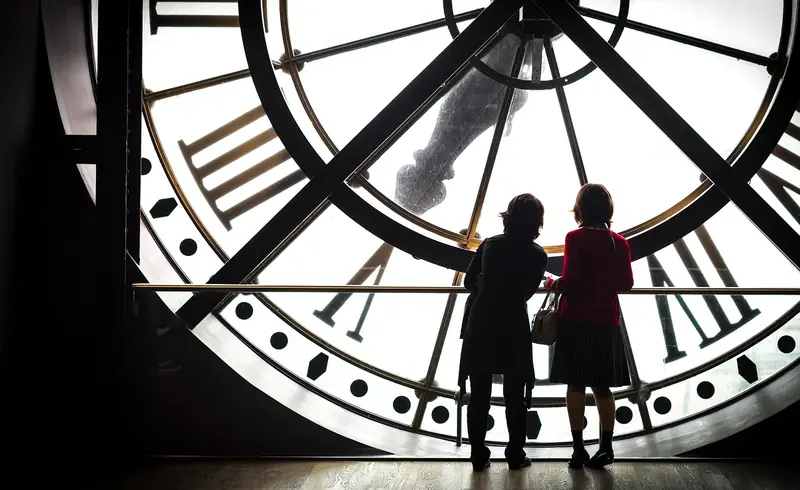
On the night of October 26 to 27, residents of about 40 percent of countries around the world will be setting their clocks back for winter time. Many of these people are likely looking forward to an extra hour of sleep before heading to work on Monday.
However, scientists are not sharing in this optimism. This seemingly harmless change can trigger various health issues, sleep problems, and an increase in traffic accidents.
Recently, experts from the British Sleep Society released a statement urging for the abolishment of the biannual clock changes. Specifically, they want to eliminate the practice of moving clocks forward one hour at 1:00 AM on the last Sunday in March and back one hour at 2:00 AM on the last Sunday in October.
This practice was introduced in different countries at various times, justified by the potential for increased productivity through maximizing daylight. Additionally, it was believed to help save electricity (as experience has shown, these hopes have proven to be unfounded).
The British Sleep Society advocates for a permanent return to standard time (Greenwich Mean Time). They reference new research indicating the negative consequences of changing the clocks.
What Are the Risks?
Losing an hour of sleep when the clocks spring forward typically leaves people feeling more fatigued. It’s no surprise that the risk of fatal traffic accidents increases by an average of six percent following the spring transition to daylight saving time.
Research also indicates a heightened risk of cardiovascular diseases, suicidal behavior, and mortality in the days immediately following the clock change.
Meanwhile, recent studies have shown that people living on the western edge of time zones, where the mismatch between solar time and biological clocks is more pronounced, are at greater risk for leukemia, stomach, lung, and breast cancers. Since this mismatch closely resembles the effects of springing forward, some scientists suggest that daylight saving time may have similar consequences.
According to experts from the British Sleep Society, a good night’s sleep is crucial for health. However, forced changes like the switch to daylight saving and back negatively impact sleep quality, as reported by the Daily Mail.
Researcher Eva Winnebeck from the University of Surrey noted, “Daylight saving time forces all of us to get up and go to work or school an hour earlier. This means that during seasons with fewer daylight hours, particularly in the fall, most of us have to wake up and commute in the dark.” The society believes that natural morning light is essential for synchronizing our biological clocks, optimizing sleep, and promoting overall health.
The British Sleep Society published their recommendations in the Journal of Sleep Research.
